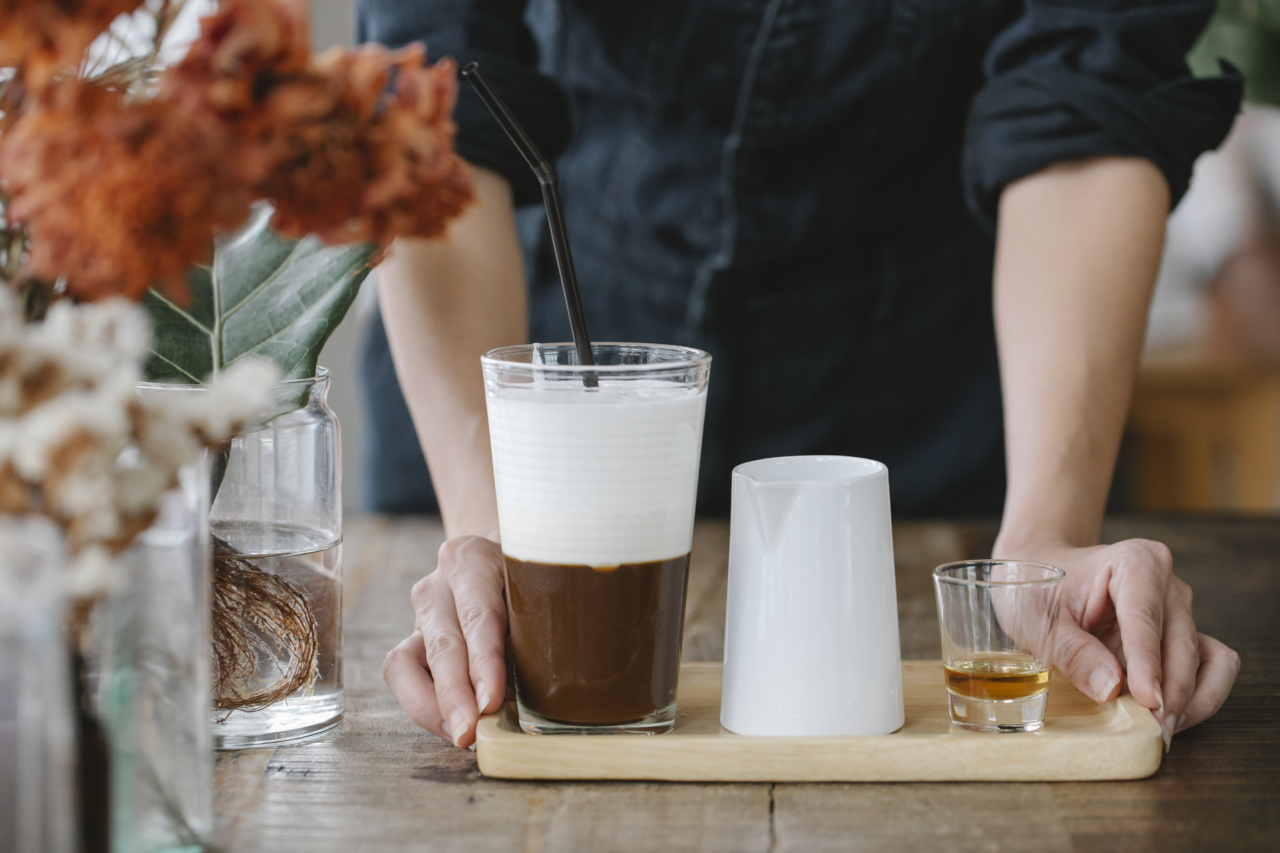Alcohol and energy drinks have become popular beverages among young adults and partygoers. Individually, both alcohol and energy drinks possess their own risks and potential dangers.
However, when combined, their effects can be even more hazardous to one’s health. In this article, we will explore the hidden dangers of consuming alcohol and energy drinks together, shedding light on the physical and psychological risks involved.
The Rise of Alcohol and Energy Drink Mixes
In recent years, the trend of mixing alcohol with energy drinks has gained immense popularity, especially among young people seeking a boost of energy while partying.
The combination of alcohol’s sedative effects with energy drinks’ stimulant properties creates a unique sensation that appeals to many individuals.
Several factors contribute to the appeal of alcohol and energy drink combos. The energy drinks contain high levels of caffeine, taurine, guarana, and other stimulating substances that can increase alertness and temporarily improve cognitive performance.
This can make individuals feel more lively, awake, and capable of partying longer.
Moreover, energy drinks often have a sweet taste, which can help mask the harsh flavor of alcohol. The combination can create a more palatable drink, effectively reducing the unpleasant taste associated with alcoholic beverages.
The Unseen Health Risks
While the allure of alcohol and energy drink combinations may be understandable, it is crucial to recognize the hidden dangers that accompany this popular trend. Let’s delve into some of the significant health risks involved:.
1. Increased Alcohol Consumption
One of the most concerning dangers of combining alcohol and energy drinks is the potential for increased alcohol consumption.
Energy drinks can mask the feeling of intoxication, leading individuals to consume larger quantities of alcohol than they normally would. This can result in a higher risk of alcohol poisoning, impaired judgment, and risky behavior.
2. Dehydration
Both alcohol and energy drinks have diuretic properties, meaning they increase urine production and contribute to dehydration. When consumed together, the diuretic effects can be magnified, leading to significant dehydration.
Dehydration can cause fatigue, dizziness, confusion, and in severe cases, it may even lead to organ failure.
3. Cardiovascular Issues
Combining alcohol and energy drinks puts additional stress on the cardiovascular system.
Alcohol is a depressant that slows down heart rate and lowers blood pressure, while energy drinks act as stimulants that increase heart rate and raise blood pressure. This conflicting effect can lead to cardiovascular complications such as irregular heartbeat, high blood pressure, and even heart attacks.
4. Impaired Judgment
The combination of alcohol and energy drinks can impair judgment and decision-making abilities. While the energy drink may make an individual feel more alert, the alcohol dulls their cognitive functions.
This impairment can lead to risky behavior, poor decision-making, and an increased likelihood of accidents and injuries.
5. Increased Fatigue
While energy drinks provide a temporary burst of energy, the subsequent “crash” can leave individuals feeling even more fatigued than before.
The combination of the stimulating effects of energy drinks followed by the depressant effects of alcohol can disrupt sleep patterns, making it harder to achieve restorative rest. This cycle can lead to chronic fatigue, affecting overall well-being.
6. Alcohol Dependency
Combining alcohol and energy drinks has been associated with an increased risk of developing alcohol dependency.
The stimulating properties of energy drinks may mask the sedative effects of alcohol, making individuals more likely to consume alcohol in higher quantities and more frequently. This prolonged cycle of heavy drinking can lead to alcohol addiction and dependency.
7. Masked Intoxication
Energy drinks can mask the signs of intoxication, making it difficult for individuals to gauge their level of impairment accurately.
The alertness and increased energy provided by energy drinks may give individuals a false sense of sobriety, leading them to believe they are not as intoxicated as they truly are. This false perception can have dangerous consequences, as individuals may engage in activities such as driving under the influence without realizing their impairment.
8. Increased Aggression and Risk-Taking Behavior
Both alcohol and energy drinks have been known to enhance aggressive behavior and increase impulsivity. When combined, the effects can be amplified, leading to an increased risk of physical altercations, violence, and other risky behaviors.
This heightened aggression can potentially harm individuals involved and those around them.
9. Psychological Effects
Combining alcohol and energy drinks can have adverse psychological effects on individuals. The energy drink’s stimulating properties may give rise to feelings of restlessness, anxiety, and nervousness.
These effects, coupled with the depressant qualities of alcohol, can create a rollercoaster of emotions and contribute to feelings of irritability and mood swings.
10. Disrupted Sleep Patterns
The consumption of alcohol and energy drinks can disrupt sleep patterns and sleep quality.
The stimulating effects of energy drinks can make it harder for individuals to fall asleep, while the sedative effects of alcohol can lead to fragmented and restless sleep. Poor sleep quality can contribute to various physical and mental health issues over time.
Conclusion
In conclusion, mixing alcohol and energy drinks may seem attractive for the temporary high it provides. However, the hidden dangers associated with this combination far outweigh the perceived benefits.
Increased alcohol consumption, dehydration, cardiovascular issues, impaired judgment, increased fatigue, alcohol dependency, masked intoxication, increased aggression, psychological effects, and disrupted sleep patterns are just some of the significant risks involved.
It is essential to prioritize our overall well-being and make informed decisions about our beverage choices.
Moderation, understanding the potential risks, and seeking healthier alternatives will ultimately lead to a safer and more enjoyable experience for all.





























